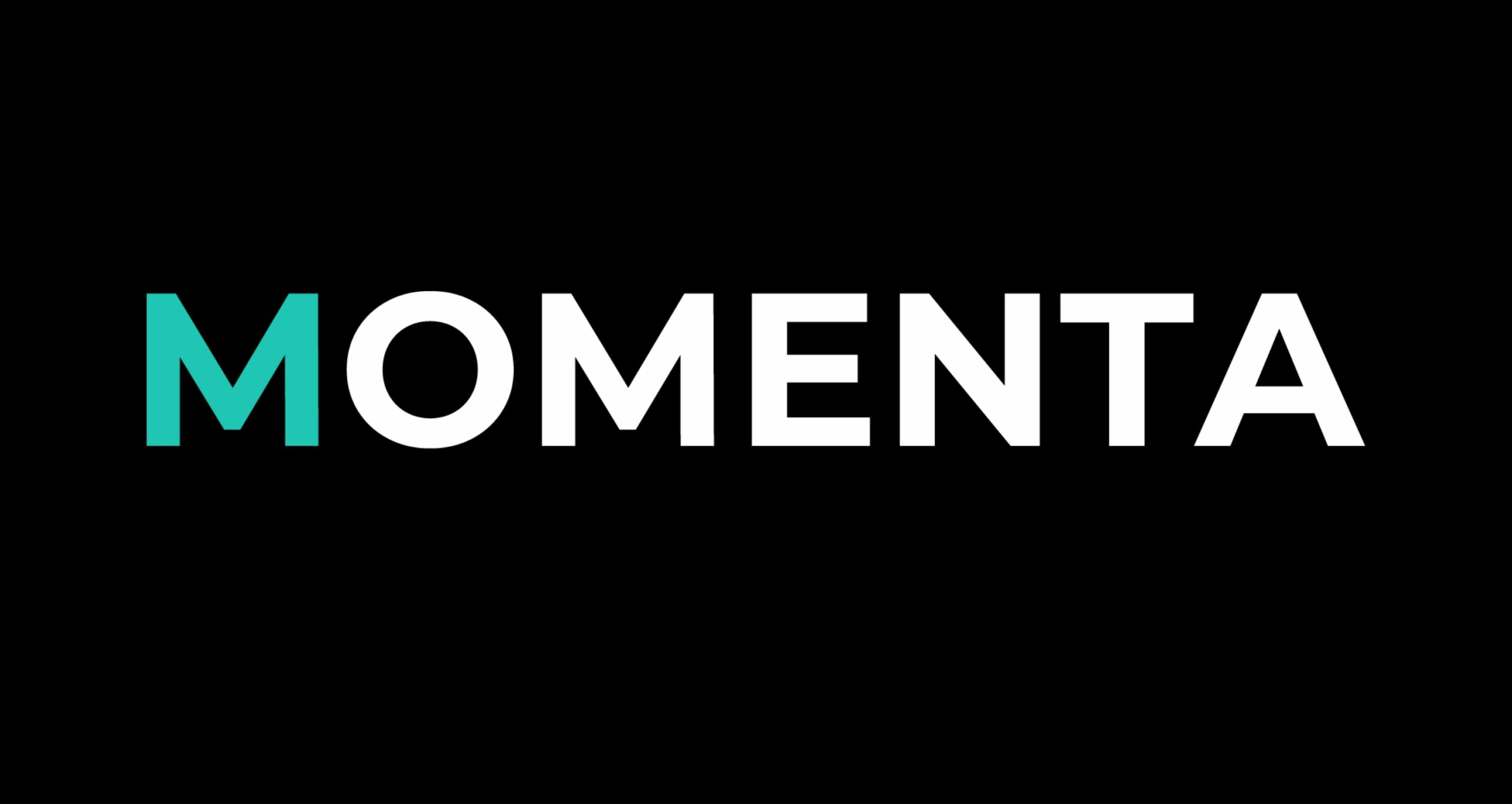AML regulated? Here’s how the new Economic Crime Levy will impact your business
The Economic Crime (Anti-Money Laundering) Levy has been developed in the hope of creating a long-term Sustainable Resourcing Model (SRM) to tackle economic crime in the UK. This is part of the objectives which were previously outlined in the Economic Crime Plan (ECP).
The levy has been positioned to raise £100 million per year from the AML regulated sector to pay for government initiatives outlined in the ECP to help towards the fight against money laundering[1].
This initiative has been created by the UK government as they feel entities who are AML regulated should be the primary contributors to the reform, which in turn will create a safer financial market for the UK to conduct business within.
Who will be affected by this new levy?
UK Businesses that are AML regulated who earn over £10.2 million in revenue will soon have to pay the ECL – Economic Crime Levy. Levies will range from £5,000 – £25,000 which will be dependent on the revenue of the business.
According to GOV.UK, below are the sectors that are expected to be most impacted by this reform:
- credit institutions
- financial institutions
- auditors, insolvency practitioners, external accountants, and tax advisers
- independent legal professionals
- trust or company service providers
- estate agents and letting agents
- high value dealers, casinos, auction platforms and art market participants
- crypto asset exchange providers and custodian wallet providers
The above institutions are expected to start paying the levies in 2023/4, a year later than originally planned, to help market participants, plan for these changes.
Estate Agents and art market participants need further clarity
Many are, unsurprisingly, afraid of being required to account for additional risk and these changes represent an additional cost for agents that will fall within the scope of the new levy.
This is especially true given that they already incur significant costs when registering for supervision, as well as in carrying out their duties as required by the money laundering regulations. Their status in relation to these additional charges still needs to be confirmed by regulators, who will need to outline the fee structure specifically for agents[2].
Agents, however, are not the only ones concerned by these new rules.
Art galleries and auction houses (with a certain level of revenue) who now must abide by AML regulations, will also have to abide by the new levies.
According to the Art Newspaper, The Society of London Art Dealers (SLAD) and the British Art Market Federation are in discussions with the government about how the levy could be best applied to the art market, and most notably, basing the levy on gross profit rather than revenue. Turnover in the art business is often high, while profit margins are usually slim.
Amongst this change, the expertise and flexibility of a contingent resource will be key
Risk assessments will require in depth analysis of all controls. Many businesses however fail to assess specific risks that can lead to inaccurate business-wide risk assessment.
Often, the main contributing factor to this, is that many compliance teams are understaffed and do not have the internal capacity to ensure that any weaknesses are clearly and fully acknowledged and addressed.
Contingent teams can ensure a ‘no stone is left unturned approach’, and in a highly pressured regulatory environment, hiring contingent resource can make a vital difference in understanding the weaknesses of your risk assessments, as well as setting up concrete plans to resolve them.
Utilising the expertise of contingent resourcing can offer many firms breathing space in terms of resolving any issues their AML controls may have. Setting up the right teams to ensure any gaps are identified will be key for firms this year as regulators place more pressure on financial service participants to strengthen current compliance systems and controls.
